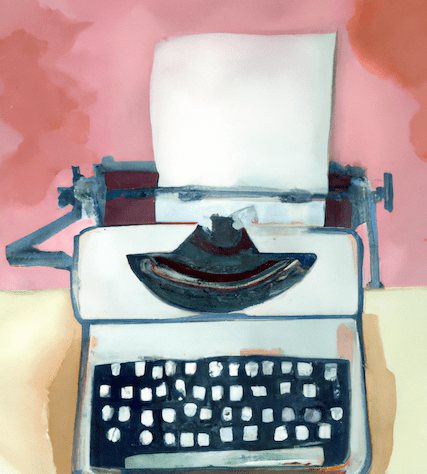Are you a fantasy novelist looking to get your work published? With the rise of self-publishing, it can be overwhelming to navigate the traditional publishing landscape and to submit your novel to publishers. But don’t worry, we’ve got you covered. In this comprehensive guide, we’ll walk you through the submission process, from preparing your manuscript to navigating the queries and rejections that come with the territory.
Submitting Your Novel to Publishers
Polish Your Manuscript

Before you start submitting your novel to publishers, it’s essential that your work is in its best possible form. This means having a well-structured plot, fleshed-out characters, and clean, polished prose.
Consider hiring a professional editor to give your novel a once-over, or join a writing group to get feedback from other writers. Revisions can be time-consuming, but they’ll be well worth it in the long run. A well-polished manuscript will increase your chances of getting noticed by publishers.
Research Publishers
Before you submit your novel, you need to know who you’re submitting it to. Start by researching publishers that specialize in fantasy fiction. Look for publishers that have a track record of publishing similar books to yours and make sure they’re still actively acquiring new titles.
Visit the publisher’s website and review their submission guidelines. Make sure you understand the guidelines and that your novel fits their criteria. Pay close attention to the length of the manuscript they’re looking for and the format they prefer.
Write a Query Letter
A query letter is a brief introduction to your novel and yourself as an author. It should include the title of your novel, a brief summary of the plot, a mention of your writing experience, and a sentence or two about why you’re submitting your novel to that particular publisher.
Your query letter is your chance to sell your novel, so make it compelling and memorable. Keep it concise, around one page or less, and make sure to proofread it carefully for typos and grammatical errors.
Submit Your Manuscript
Once you’ve got your query letter and manuscript ready, it’s time to submit. Most publishers prefer electronic submissions, so make sure to follow the guidelines for submitting via email. Some publishers may also accept hardcopy submissions, so make sure to check their guidelines.
Prepare for Rejections
Rejection is an inevitable part of the publishing process, and it’s important to be prepared for it. Don’t take rejections personally, and don’t give up after your first few rejections. Keep in mind that the publishing industry is subjective, and what one publisher rejects, another may love.
Keep a record of the publishers you’ve submitted to and their response times. Be patient, as it can take several months to hear back from publishers. If you don’t hear back after a few months, you can follow up with a polite email to inquire about the status of your submission.
Celebrate Your Success
Finally, when you receive an offer of publication, it’s time to celebrate! Take the time to read the contract carefully and make sure you understand the terms before you sign. If you’re not comfortable with any of the terms, consider hiring an attorney to review the contract.
Congratulations! You’ve taken the first step towards getting your fantasy novel published. With hard work, patience, and persistence, you’ll get there. Good luck!
Keywords: fantasy novel, publishers, submission process, manuscript, query letter, rejections, publishing industry, contract, self-publishing, novel to publishers, submit your novel to publishers, tips to submit your novel to publishers, guide to submit novel to publishers, how to submit your novel to publishers
Check out our Novel Writing Workbooks
Check out Little Tree Food Forest for articles on food forests and homesteading.
Check out FoodieScapes for articles on growing, fermenting and preserving food.
Subscribe to our newsletter to get information delivered to your inbox on how to write a book, outlining your novel, keeping journals, marketing your novel, self-publishing, writing poetry and more.










